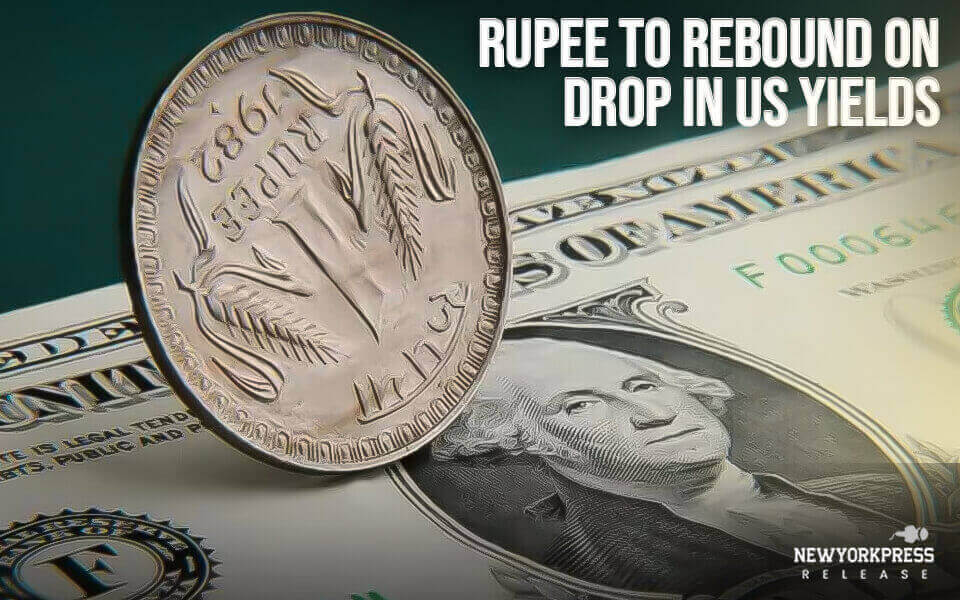Oil prices were heading for their weekly losses as strong U.S. economic data raised concerns about whether the Federal Reserve would further revise or tighten monetary policy to lower inflation, a move that could slam fuel demand even while crude stockpiles rise.
Brent crude futures plummeted 64 cents, or 0.75%, to $84.50 per barrel by 03:34 GMT on Friday, while West Texas Intermediate (WTI) crude futures in the United States fell 59 cents, or 0.75%, to $84.50. Both benchmarks were on track for a weekly drop of more than 2%.
Data showed that the U.S. producer price index (PPI) climbed 0.7% in January after decreasing 0.2% in December. Meanwhile, Unemployment claims fell unexpectedly to 194,000, compared to the expected 200,000, as per a Reuters poll.
“Strong U.S. data bolstered concerns over rate hikes and prompted a rise in U.S. Treasury yields, which weighed on oil and other commodity prices,” said chief analyst at Fujitomi Securities Co. Ltd, Kazuhiko Saito.
An analyst at CMC Markets,Tina Teng, said U.S. crude stockpiles soaring to a 17-month high suggested that demand was lessening, resulting in decreased prices.
“Crude oil prices were also lower due to risk-off trades following the selloff on Wall Street following the PPI data and a strong U.S. dollar,” Teng said.
Oil prices have swung in recent weeks between fears of a US recession and rising inflation-fighting rates, as well as hopes for a pick-up in demand in China, the world’s top oil importer.
According to the International Energy Agency (IEA), China will account for nearly half of this year’s oil demand growth after relaxing its COVID-19 curbs, but restrained production by OPEC+ countries, members of the Organization of Petroleum Exporting Countries and allies, could result in a supply deficit in the second half.
Saudi Energy Minister Prince Abdulaziz bin Salman said the current OPEC+ agreement to cut oil production targets by 2 million barrels per day would be extended until the end of the year, but he was cautious about Chinese demand.




